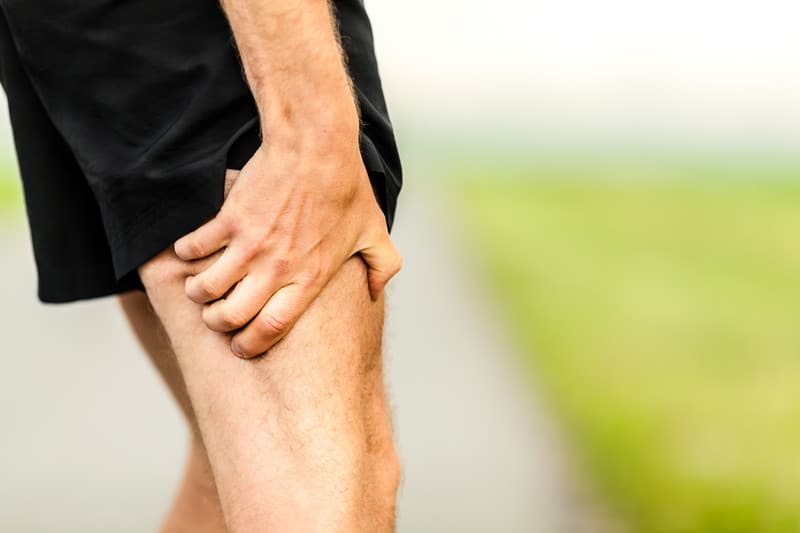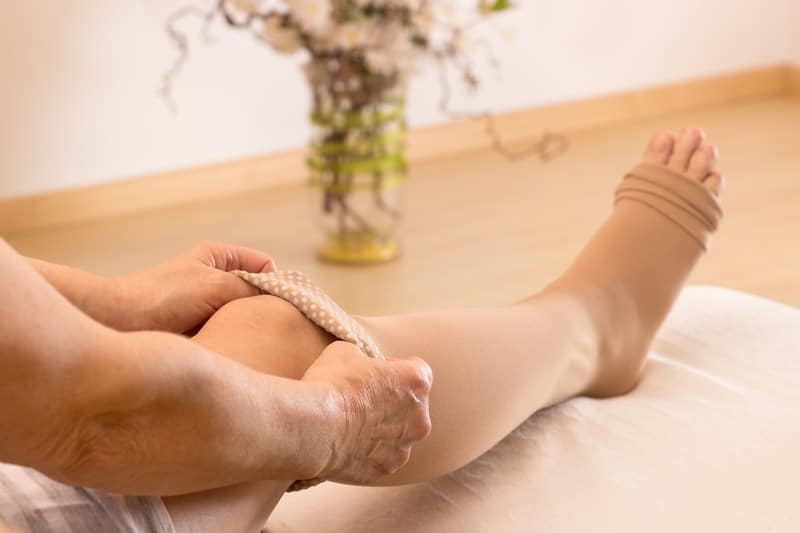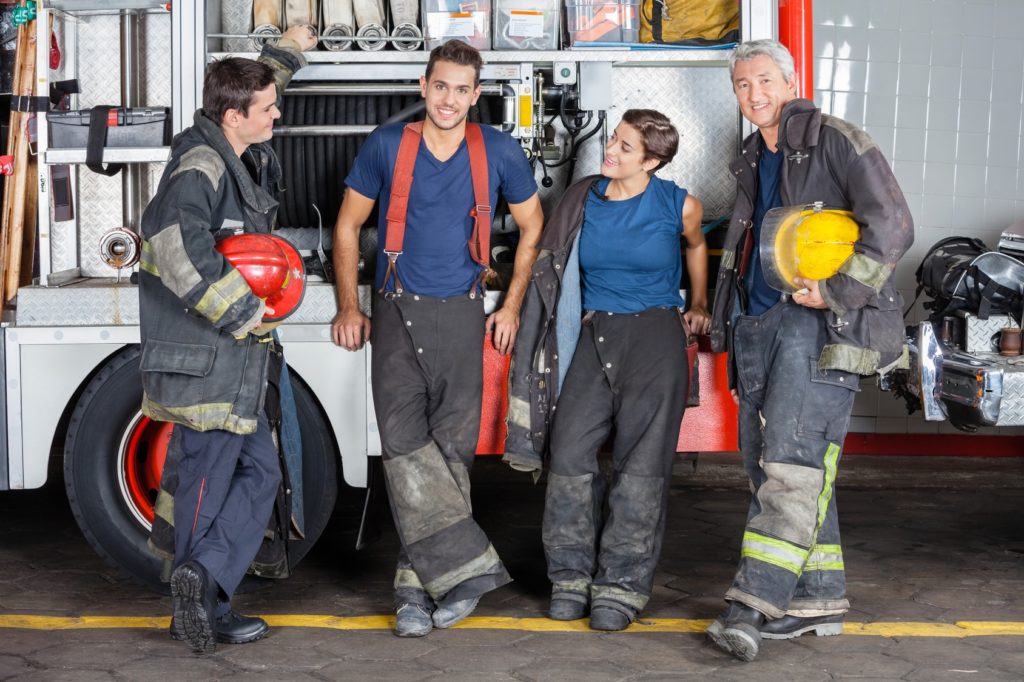
Restless Leg Syndrome and Varicose Veins
What is Restless Leg Syndrome
Restless leg syndrome (RLS), also called Willis-Ekbom disease (WED), is a common sleep-related movement disorder characterized by an unpleasant urge to move the legs. Symptoms often occur during periods of inactivity; particularly in the evenings. This urge to move is sometimes relieved by moving ones legs. During sleep, most patients’ limb movements, called periodic limb movements of sleep (PLMS), can wake the person from sleep. Common symptoms of restless leg include: need to move, a sensation of crawling, tingling, restless, leg cramping, leg pain, leg discomfort, and leg itching. (Similar terms have been used when patients describe symptoms associated with venous disease or varicose veins.)
Cause of Restless Leg Syndrome
The cause of restless legs syndrome remains poorly understood. Some studies have identified nervous system abnormalities in patients with the disorder. The most common conditions associated with RLS include: iron deficiency, renal failure, neuropathy, spinal cord issues, pregnancy, and multiple sclerosis. Antihistamines, antipsychotic medications, and many anti-nausea medications, and certain antidepressants can make symptoms of RLS worse.
Varicose Veins and Restless Leg Syndrome
The importance of discussing restless leg syndrome on a lower extremity vascular website is that there are conditions which mimic restless leg syndrome. Venous insufficiency, which mimics symptoms of restless leg syndrome, also exacerbates (worsens) symptoms of true RLS.
Treatment for Restless Leg Syndrome
Currently a curative treatment does not exist for restless leg syndrome. There are certain medications on the market intended to minimize or mask symptoms. However, if you have symptoms of night leg cramps, numbness, burning, leg fatigue, leg heaviness, and/or ankle swelling, you may have venous disease. Venous insufficiency is managed with in office procedures. Symptoms improve quickly after intervention, and the majority of activities can be resumed within hours.
The best way to rule out Venous Disease for Restless Leg Syndrome is to come in for an Ultrasound Exam and Consultation. If you find your discomfort is being caused by venous insufficiency, you'll be extremely glad that you did come in...if not....there's one more thing that can be ruled out!
Varicose Veins worse in Summer Heat? If it seems like your varicose veins symptoms seem to worsen in the summer heat—especially for those of you who live in hot climates like Arizona—you are not imagining it. Talk to a qualified vein specialist and they will tell you that heat does have an effect on your…
Read MoreLet’s face it—a big part of the reason that you are in Arizona is because you don’t enjoy golfing in the snow or hiking in the rain. And now that you are here, there is no reason to let anything get in the way of your active life—not even the discomfort of varicose veins. Although…
Read MoreYounger adults in the U.S. are searching for options to deal with varicose veins…REALLY? Health and Google statistics are starting to show that younger and younger people are seeking treatment for conditions such as varicose veins, chronic venous insufficiency (CVI), and other health conditions usually associated with older adults. Health officials are attributing this…
Read MoreHas a woman ever said she loves wearing high heels because they are just so comfortable? Uh uh. Or because it is just so easy to walk in them? Not likely. High heels are popular because of the way they make the legs of the wearer appear.
Read MoreIf you just googled “compression stockings for varicose veins” to find this article, you are far from alone. Millions of Americans have looked at compression stockings as a non-surgical alternative to help deal with the discomfort of varicose veins and other peripheral vascular concerns. Perhaps not knowing that there are newer, effective, and minimally invasive procedures…
Read MoreIt can hurt to care–just ask any nurse. As a profession, nurses experience some of the highest rates of varicose veins and Chronic Venous Insufficiency (CVI) in the country. In fact, in one study by the NIH, 63 per cent of participating nurses were shown to have at least one sign of CVI. Nurses will know…
Read MoreOne might think that the biggest cause of injury among American firefighters would be burns and collapsing structures. However, more than just skin and bones, it is the firefighter’s vascular system that is at risk. There are a number of reasons why firefighters are especially susceptible to vascular injury, and why they in particular need…
Read MorePerhaps the most important thing to know about Radiofrequency Vein Ablation, is that it has a high success rate in treatment of varicose veins. Additionally, it is minimally invasive, minimally painful, has low rates of complication, can be performed in-office, and has a very rapid recovery time, usually about a day. The Venous Ablation Process…
Read MoreThe concern about having or developing Chronic Venous Insufficiency (CVI) is a great reason to have your varicose veins fully assessed by a qualified Vein Specialist. Why should I be concerned about the symptoms of Chronic Veins Insufficiency? Chronic Venous Insufficiency, also known as Venous Reflux Disease or Venous Stasis, refers to a condition of inadequate…
Read MoreCan Varicose Vein Pain be Eliminated? It is the end of a long day, and suddenly you realize that the varicose veins that you barely considered this morning are working hard to get your attention. They ache, and your legs feel heavy and are getting swollen. Especially if you have been ignoring them all day,…
Read More

